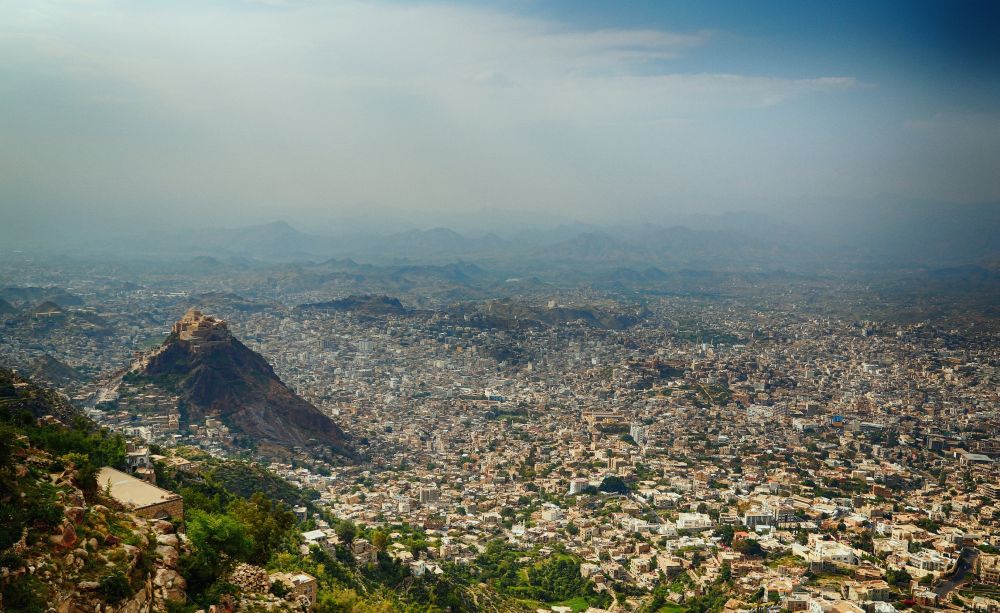

The ancient city of Taiz in Yemen is home to one of the country's most historic and significant structures: the Ottoman Citadel. Its rich narrative and strategic importance have drawn the curious and scholarly alike for years, yet the evolution of tourism in this area has been deeply influenced by regional and local events.
The Ottoman Empire's expansion into the region in the 16th century marked the beginning of the Citadel's story. The fortification was built to serve as a military and administrative center, commanding the city below and the approaches to the Red Sea. Throughout history, it functioned as a stronghold for various powers that controlled Taiz and its surroundings.
In the early 20th century, Yemen began to fascinate travelers and historians, with Taiz and its Citadel offering a glimpse into the unique blend of Islamic culture and Ottoman architecture. Despite the limited infrastructure and political complications, a small but enthusiastic number of tourists visited the area, often as part of broader expeditions in the Middle East and the Arabian Peninsula.
Unfortunately, regional instability, particularly in the latter part of the 20th century and early 21st century, has greatly affected tourism in Yemen. The ongoing conflict that began in 2015 has led to widespread damage throughout the country and has had a devastating effect on Taiz and the Citadel. Travel to the area is currently discouraged by most international bodies due to safety concerns.
Despite the current challenges, there remains hope that peace will eventually return to Yemen, allowing for the restoration and preservation of its historical sites, including the Ottoman Citadel. In the meantime, virtual tourism and digital archives have begun to play a significant role in sharing Yemen's cultural heritage with the world. There is a growing interest in sustainable and responsible tourism that could potentially benefit the local population and contribute to the preservation of historical sites in the future.
The Ottoman Citadel in Taiz stands as a testament to Yemen's storied past. While the ongoing conflict has paused its potential as a tourist destination, the Citadel remains a significant cultural and historical site worthy of attention. It is envisaged that, should stability return, Taiz will once again welcome visitors from around the globe, offering them a chance to explore the depths of Yemen's history and the Ottoman Empire's enduring legacy.
Travelers interested in visiting the Citadel should ensure they are up to date with the latest travel advisories from their respective governments and should plan their trips with both security and cultural sensitivity in mind. The future of tourism in Taiz is closely linked to wider efforts for peace and reconstruction within Yemen, and it is the global community's hope that these efforts will bear fruit for the benefit of all involved.